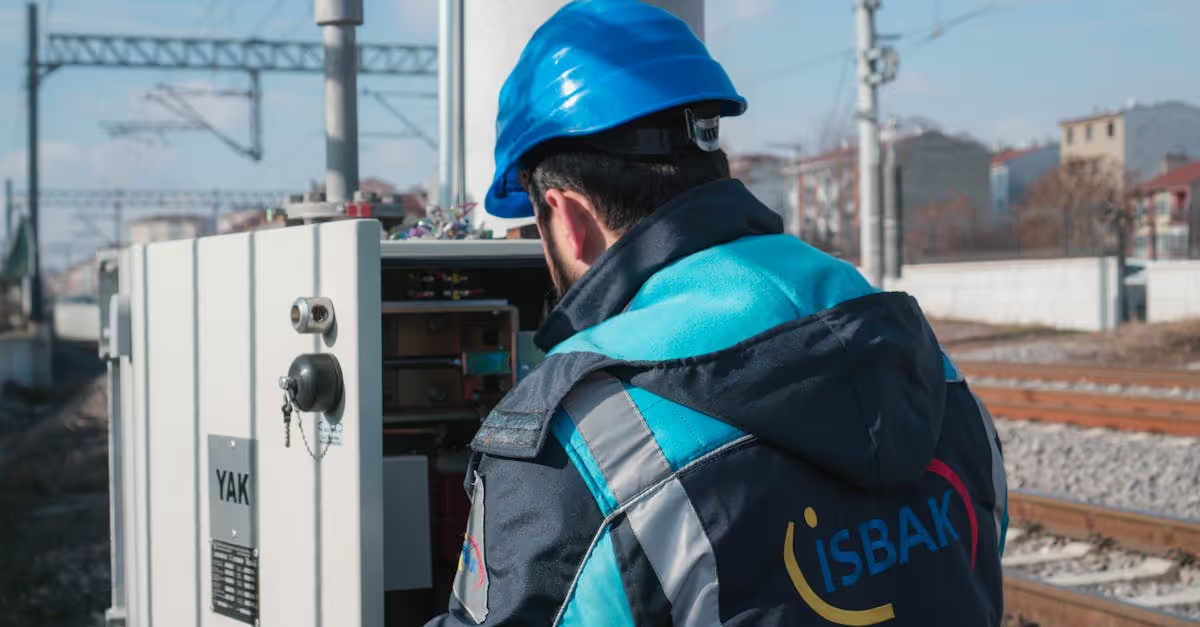Key Takeaways
- Importance of Inspections: Pre-purchase pool inspections are essential to identify existing issues and avoid unexpected repair costs, with nearly 30% of pool owners facing these expenses shortly after buying.
- Thorough Evaluation: A comprehensive inspection includes assessing structural integrity, pool equipment functionality, and safety features to ensure a secure swimming environment.
- Cost Savings: Identifying potential problems before purchase can lead to significant financial savings and empower buyers to negotiate better prices based on inspection findings.
- Safety Assurance: Inspections enhance safety by evaluating critical elements like fencing and equipment functionality, ensuring a secure environment for families and guests.
- Choosing the Right Inspector: Selecting a qualified inspector with relevant certifications and experience is crucial for a thorough assessment, along with understanding their inspection process and common findings.
- Proactive Maintenance Planning: Insight gained from inspections aids in long-term budgeting for pool maintenance and repairs, promoting informed decision-making for homeowners.
Buying a home with a pool can be a dream come true, but it also comes with its own set of challenges. Did you know that around 30% of pool owners face unexpected repair costs shortly after purchase? That's why understanding the importance of pre-purchase pool inspections is crucial.
Overview of Pre-Purchase Pool Inspections
Pre-purchase pool inspections evaluate a pool's condition before buying a home. These inspections help identify existing issues and potential future expenses. By knowing the pool's status upfront, we can avoid costly surprises later.
What Is a Pool Inspection?
A pool inspection involves a thorough assessment of various components. Inspectors check structures, equipment, and safety features, including:
- Structural Integrity: Inspectors examine walls, floors, and the deck for cracks or issues.
- Pool Equipment: They evaluate pumps, filters, heaters, and lighting for functionality.
- Safety Features: Inspectors assess fencing, gates, and alarms to meet safety regulations.
A detailed report highlights findings and necessary repairs to help us make informed decisions. It’s important to remember that inspections can vary in depth, so we should ask what’s included and be clear about our expectations.
Importance of Pool Inspections
Conducting a pool inspection is essential for several reasons.
- Cost Savings: Early detection of repairs can save us significant money. Around 30% of pool owners face unexpected costs soon after their purchase.
- Safety Assurance: A safe pool environment protects loved ones, boosting our peace of mind.
- Long-Term Planning: Understanding a pool's condition allows for better budgeting for maintenance and repairs.
Involving a professional inspector enhances our confidence in the pool's safety and functionality. Avoiding major pitfalls by being proactive helps us enjoy our investment to the fullest. We all want the best for our homes, don't we?
What to Expect During a Pool Inspection
Understanding the pool inspection process makes the experience less overwhelming. Each inspection involves a thorough evaluation of various aspects to identify any potential issues.
The Inspection Process
The inspection typically begins with a visual assessment of the pool area. Inspectors check safety features like fencing, gates, and non-slip surfaces. They then evaluate the structure of the pool itself, looking for cracks or leaks in the shell and coping. Inspectors inspect the surrounding deck, ensuring it's in good condition. Next, they turn to pool equipment, including pumps and filters, verifying their functionality. Water quality analysis follows, assessing chemical balance and clarity. Clear water might look inviting, but a precise chemical balance keeps swimmers safe. Expect the entire process to take about one to two hours.
Benefits of Pre-Purchase Pool Inspections
Pre-purchase pool inspections play a vital role for home buyers and sellers alike. Here are the key benefits.
Financial Savings
- A pre-purchase pool inspection spots issues before we finalize a home purchase. Catching problems like leaks or faulty equipment can prevent massive repair costs later. For instance, hidden leaks might lead to thousands in damages and repairs.
- We can use this information to negotiate a better purchase price. Why pay full price when the pool needs repairs? By gathering these insights, we're likely to save more money in the long run.
- Nearly 30% of pool owners face unexpected repair expenses soon after moving in. Avoid being part of that statistic by conducting a thorough pool inspection.
Safety Considerations
- Pool inspections enhance our safety. Inspectors assess critical features, such as fencing and gates. These elements keep loved ones safe, especially children.
- Evaluating the pool's structure helps us avoid hidden hazards. Cracks or weak spots could lead to accidents. Evaluating equipment functionality ensures that pumps and filters work correctly, promoting safe swimming conditions.
- Regular inspections keep safety top-of-mind. By prioritizing safety, we also reinforce the importance of proper pool maintenance.
Incorporating pre-purchase pool inspections into our home buying process helps us make informed decisions. With potential financial savings and enhanced safety, these inspections create peace of mind for our pool investments.
Choosing the Right Pool Inspector
Selecting the right pool inspector is crucial for a successful pre-purchase inspection. A qualified inspector evaluates the pool's condition, ensuring our investment is safe and sound.
Qualifications to Look For
Look for inspectors with relevant certifications and experience in pool inspections. Inspectors with certification from organizations like the National Association of Certified Home Inspectors (NACHI) possess essential industry knowledge. Experience is important too; those who've inspected many pools understand common issues and how to spot them. Check reviews and testimonials from past clients to gauge reliability. Inspectors familiar with pool equipment functionality provide additional insights into maintenance needs, which can save us money later. Verification of insurance and bonding protects us from potential liability concerns.
Questions to Ask
We should prepare a list of questions before meeting a potential inspector. Ask about their experience and certifications—these are non-negotiables. Inquire about their inspection process and what they will evaluate, including safety features and equipment functionality. We might also want to know how long the inspection will take and what the report will include. Follow-up questions could involve their approach to maintenance recommendations. What common issues have they found in similar pools? This dialogue not only clarifies expectations but also fosters a comfortable space for open communication, leading to a more thorough understanding of our future pool's condition.
Conclusion
Investing in a home with a pool can be a rewarding experience but it comes with its own set of challenges. By prioritizing a pre-purchase pool inspection we can safeguard our investment and ensure our family's safety. These inspections not only reveal hidden issues but also provide us with the knowledge needed to make informed decisions.
Choosing a qualified inspector is crucial to gaining insights into the pool's condition and maintenance needs. With the right preparation and understanding we can enjoy our pool with confidence and peace of mind. Let's embrace the joys of pool ownership while being proactive about its upkeep and safety.
Frequently Asked Questions
What are the benefits of buying a home with a pool?
Buying a home with a pool can enhance your lifestyle, offer recreational opportunities, and increase property value. It can also provide a venue for gatherings and relaxation, making your home more attractive to friends and family.
What challenges might I face when buying a home with a pool?
One common challenge is unexpected repair costs, as about 30% of pool owners face these soon after purchasing. Another factor is ongoing maintenance, which can require time, effort, and additional expenses.
What is a pre-purchase pool inspection?
A pre-purchase pool inspection evaluates a pool's condition before buying a home. It helps identify existing issues and potential future expenses, covering aspects like structural integrity, equipment functionality, and safety features.
Why is a pre-purchase pool inspection important?
This inspection can save money by uncovering costly repairs before purchase, ensure safety, and aid in long-term maintenance planning. It helps buyers make informed decisions and can strengthen negotiating positions.
What should I expect during a pool inspection?
Expect a visual assessment of the pool area, examination of the pool's structure, surrounding deck, and equipment like pumps and filters. Water quality analysis is also conducted, ensuring safety for swimmers.
How long does a pool inspection take?
Typically, a pool inspection takes about one to two hours. This timeframe allows inspectors to thoroughly assess all critical aspects of your pool and its surrounding area.
How can I find a good pool inspector?
Look for inspectors with certifications from reputable organizations, like the National Association of Certified Home Inspectors (NACHI). Check reviews, confirm insurance status, and prepare questions about their experience and process to ensure quality service.






